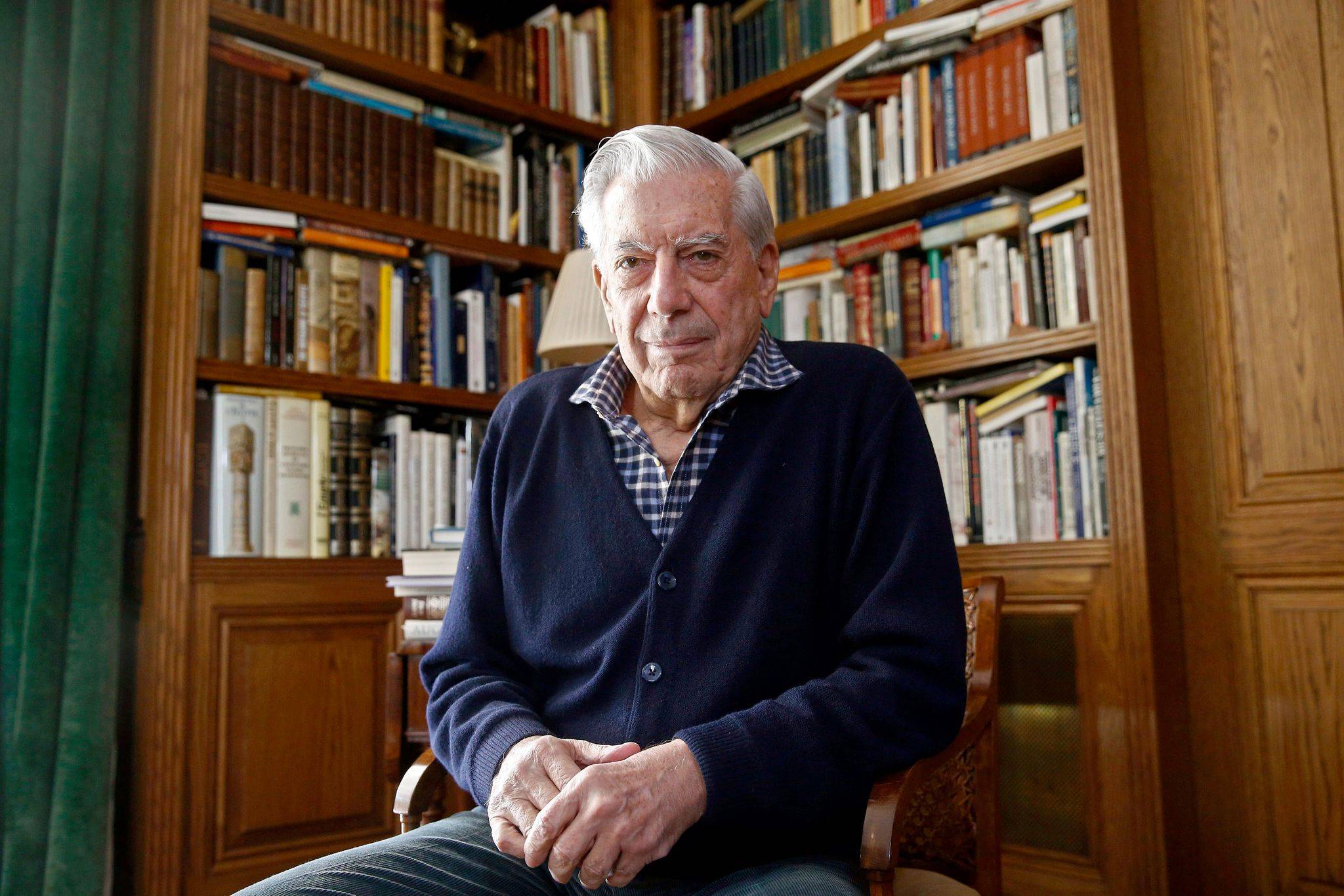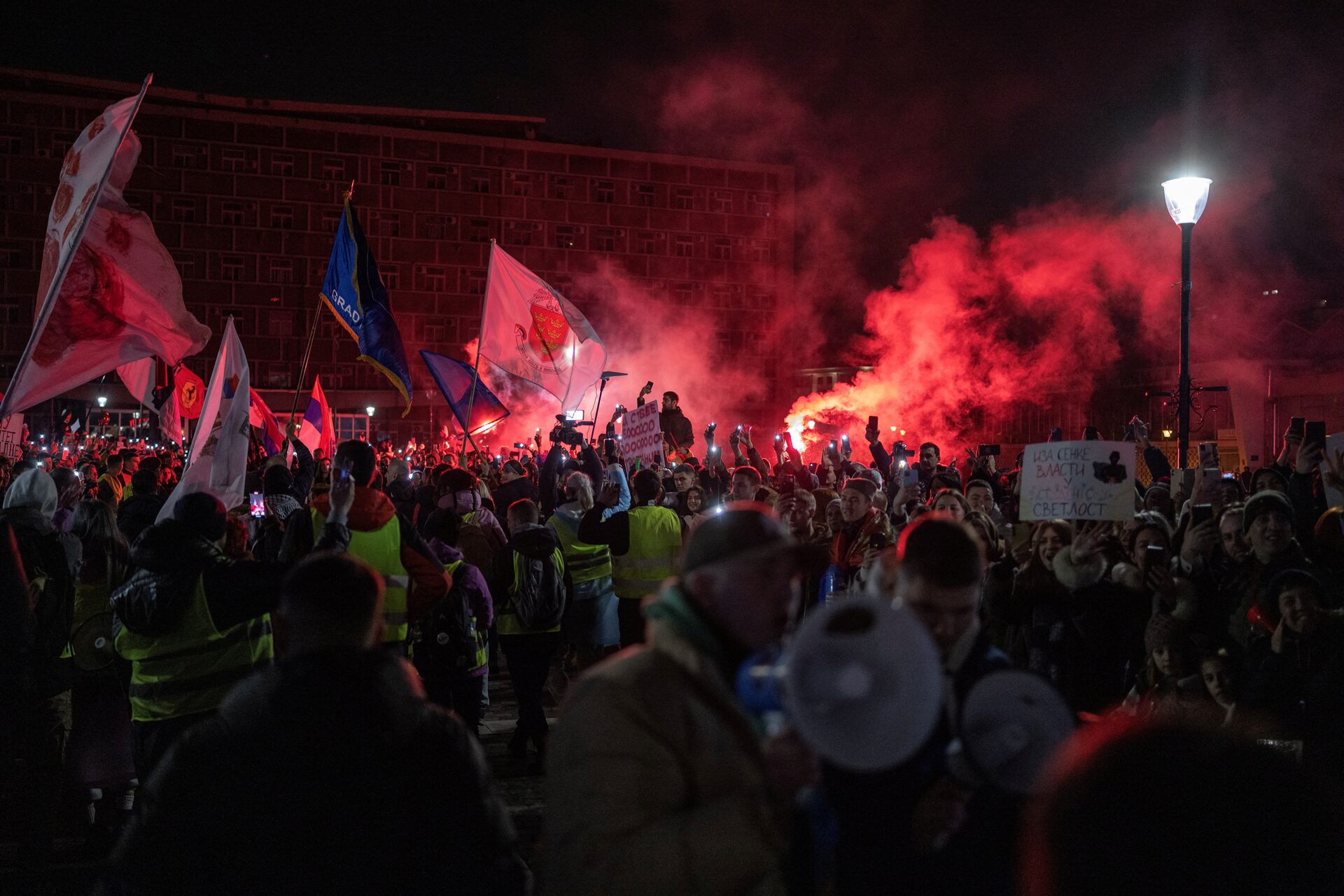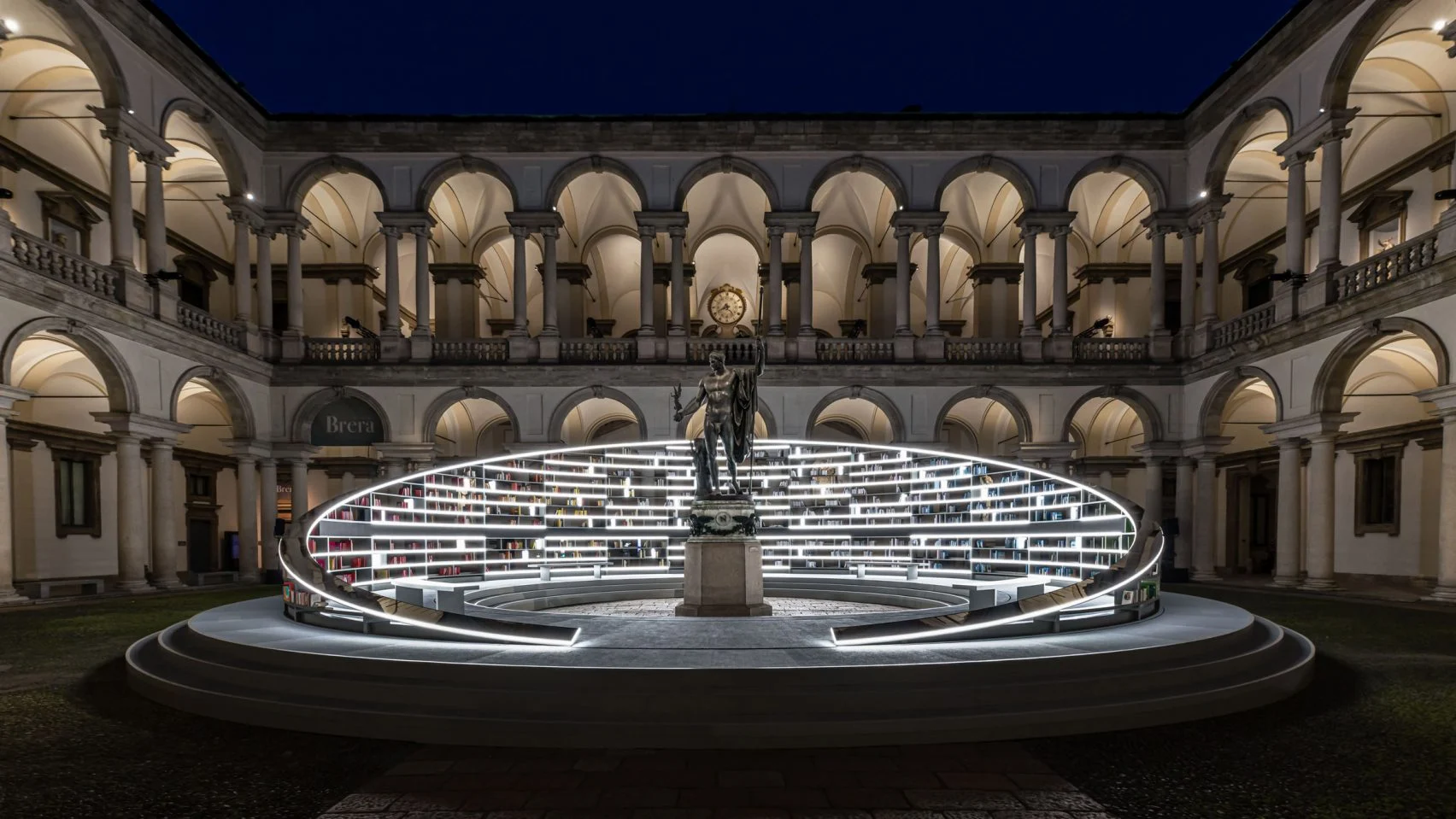Mario Vargas Llosa, the Peruvian-Spanish Nobel Prize-winning author known for his searing critiques of totalitarianism and a prolific literary career that spanned decades, has died at the age of 89, his family announced Sunday.
“It is with deep sorrow that we announce that our father, Mario Vargas Llosa, passed away peacefully in Lima today, surrounded by his family,” read a statement shared by his son, Álvaro Vargas Llosa, on the social media platform X.
Vargas Llosa, one of the most influential voices in Latin American literature, will be remembered for landmark novels such as Conversation in the Cathedral (1969), The War of the End of the World (1981), and Aunt Julia and the Scriptwriter (1977), the latter of which was adapted into the 1990 film Tune in Tomorrow starring Barbara Hershey and Keanu Reeves.
Awarded the Nobel Prize in Literature in 2010, the Swedish Academy praised Vargas Llosa for “his cartography of structures of power and his trenchant images of the individual’s resistance, revolt, and defeat.”
In addition to his literary achievements, Vargas Llosa was a prominent public intellectual and political figure, once running for president of Peru in 1990.
In their statement, his three children expressed gratitude for his enduring legacy: “His departure will sadden his relatives, his friends, and his readers around the world. But we hope that they will find comfort, as we do, in the fact that he enjoyed a long, adventurous and fruitful life, and leaves behind him a body of work that will outlive him.”
Vargas Llosa’s death marks the end of an era in Latin American literature, but his voice will continue to resonate through his words.







